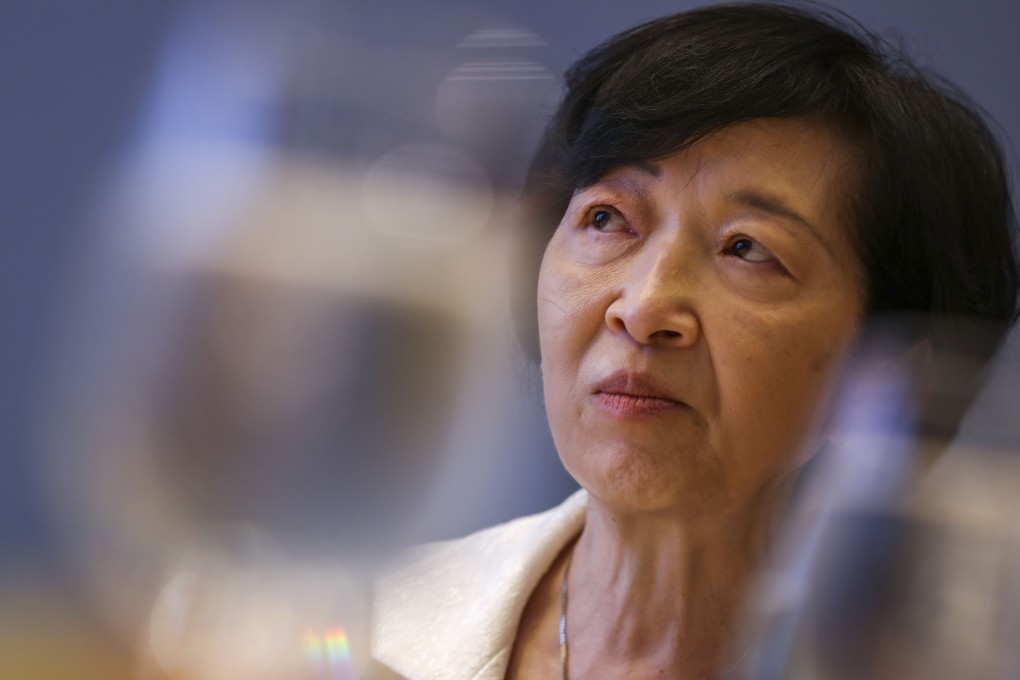Architect of liberal studies in Hong Kong defends government plan to overhaul subject
- Fanny Law, former education minister and now adviser to the city’s leader, says the subject has strayed from its original aims
- While backing the overhaul unveiled last week, she also calls for recognising role liberal studies has played in shaping critical thinking among students

A former top education official who helped add liberal studies to Hong Kong’s curriculum has defended the government’s sweeping reforms of the subject but also called for recognising the role it has played in nurturing independent thinking among students over the years.
Lam had earlier said the subject had “deviated” from certain educational principles and dismissed suggestions the reform, backed by state media, was politically motivated.
Law, who served as education minister from 2000 to 2002 and then in the No 2 spot for the next four years, said liberal studies should help turn students into “informed and responsible citizens with a sense of global and national identity”.
She agreed with the criticism some textbooks contained unfavourable descriptions of China, which had led a section of students to hold a negative view of the nation.